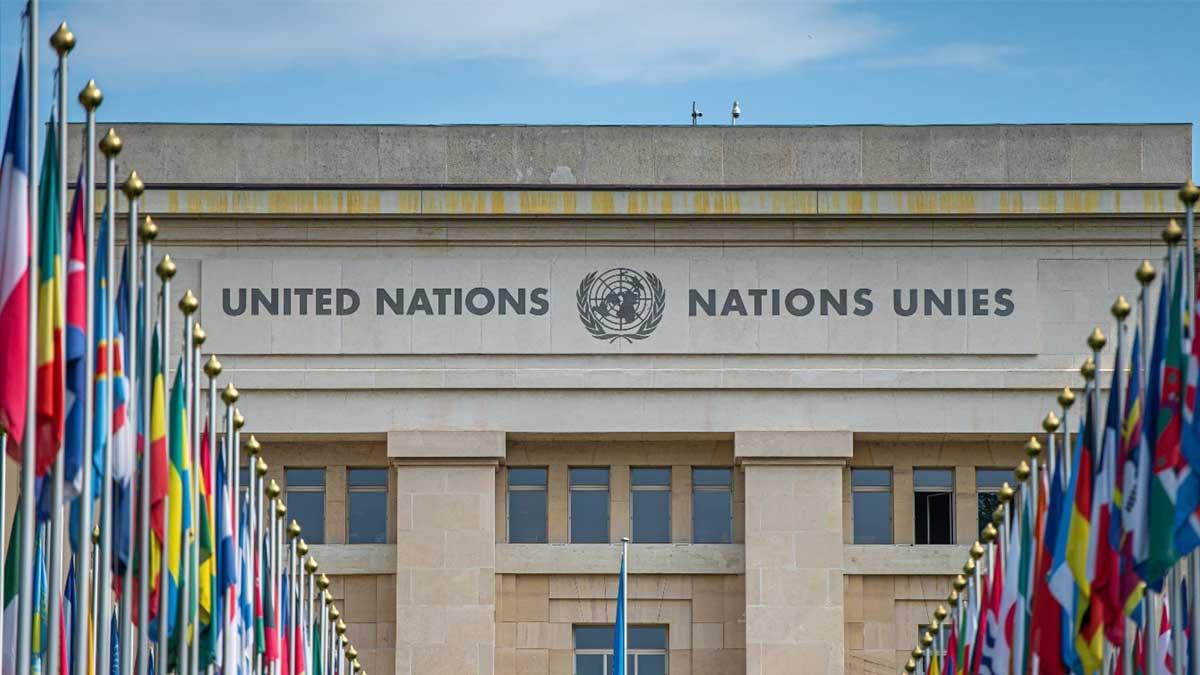Pakistan secured a much-coveted place on the Security Council as a non-permanent member, quickly closing ranks with China on critical issues such as counter-terrorism. However, this victory was not a testimony to its diplomatic success as it was chosen unanimously by the Asia Pacific Group due to a routine sub-regional rotation system in place.
Pakistan, meanwhile, gained the non-permanent seat in the overwhelming majority of 182 votes out of 193 in the General Assembly to gain one of the two Asian seats, soon to be vacated by Japan in January, for a two-year period.
Incidentally, while the secret ballot recorded five abstentions, three countries failed to turn up to cast their ballots. Pakistan faced no opposition, thanks to Asia Pacific's solid backing.
It will be the eighth time for Islamabad on the Council, and subtle changes could be in store for dynamics as Japan exits. The forthcoming tenure could hint at an informal alliance of China, Russia, and Pakistan that could dominate key decisions on the divided Council.
Its place will also give Pakistan an international platform to seek support for its stand on Kashmir, which is often brought up even in unrelated topics. Further, it will lessen the dependence on China to protect individuals like Sajid Mir accused in the 26/11 Mumbai attacks at organizations such as the Al-Qaeda Sanctions Committee.
Meanwhile, the four other regional candidates found their way through elections unopposed. They included Denmark, Greece, Panama, and Somalia, which were elected from their respective groups.
Since there are five of the ten non-permanent seats on the bloc up for election each year, unopposed election is quite prevalent if their regional bloc backs the candidates in the first place. The pattern remains the same next year: Islamic countries will be better represented with Pakistan and Somalia, unlike the present.
The absence of an Arab state in the Council post the exit of Algeria highlights the deep divisions on the question of Middle East among the countries there, particularly over the issue of Gaza and Israel.
The bid was supported by a variety of countries totaling around 20 in number, underlining the multifaceted diplomacy, with China, Saudi Arabia, Iran among others, from Asia, supporting Pakistan. The endorsement of the Asia Pacific group further solidified its candidacy.
Although this win was uncontested, Pakistan faced resistance in the 2011 election, notably from Kyrgyzstan, which challenged its candidacy independently of the Asia Group, though unsuccessfully.
Read also | US National Security Adviser Jake Sullivan to Foster Relations with Modi 3.0 Government


















